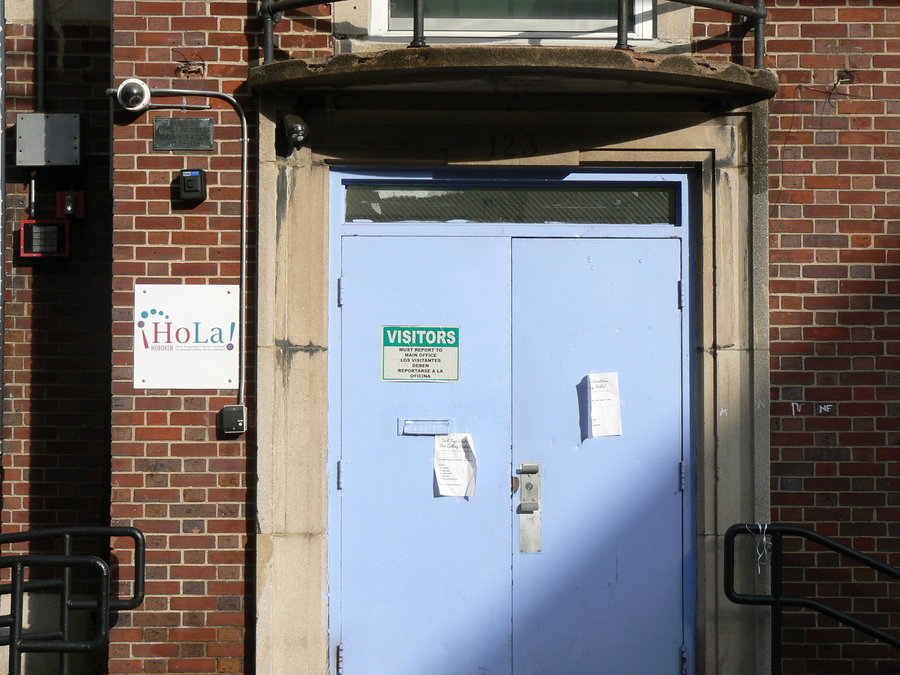HOBOKEN – The fate of a lawsuit to block the expansion of the Hoboken Dual Language Charter School (HoLa) to seventh and eighth grade is still up in the air, but the 21 students slated to form the inaugural seventh grade class will be able to matriculate this coming September. Victor Ashrafi, a judge with the New Jersey Superior Court Appellate Division, virtually guaranteed that when he denied a motion to stay HoLa’s expansion this past Thursday.
The lawsuit was brought by the Hoboken Board of Education, which has argued that the state Department of Education (DOE) ignored HoLa’s allegedly segregated student makeup and its financial impact on the traditional school district when granting its expansion.
The state DOE requested a second chance to review HoLa’s enrollment data last November but ultimately upheld the expansion in March. That decision has been appealed in state court.
Prior to the state appellate court ruling this week, the state education commissioner also denied a motion to stay HoLa’s expansion in late May.
“We are glad to see the Appellate Court denied the Hoboken Board of Education’s latest attempt to hurt a great public school,” said Barbara Martinez, the president of HoLa’s Board of Trustees. “We hope that after having their frivolous claims shot down three separate times, the BOE puts an end to the unsuccessful litigation and instead focuses their energy on working constructively with the city’s public charter schools. This would be the responsible thing to do on behalf of all students.”
But the lawyer for the Hoboken school board, Eric Harrison, said the denial of the motion satisfied the board’s goal in seeking such an injunction, which was to prevent a situation in which any public school student, HoLa or otherwise, was left in a state of limbo.
“We’re glad to have certainty about what’s going to happen in September for everyone involved in the case, including the students in the HoLa seventh grade class,” said Harrison.
Harrison also cautioned that the denial of the stay was not a strong indicator of how the appellate court would ultimately rule in the case. Preliminary injunctions are seen as an extraordinary legal remedy and are only granted if an applicant satisfies a four-part standard of proof. A party must establish both that their case has a likelihood of success on its merits and that not granting a stay would cause irreparable harm, among other things.
Harrison speculated that the appellate court could not identify an irreparable harm to the HoLa seventh graders, since they could transfer to another school if HoLa’s expansion was overturned.
Our Digital Archive from 2000 – 2016
